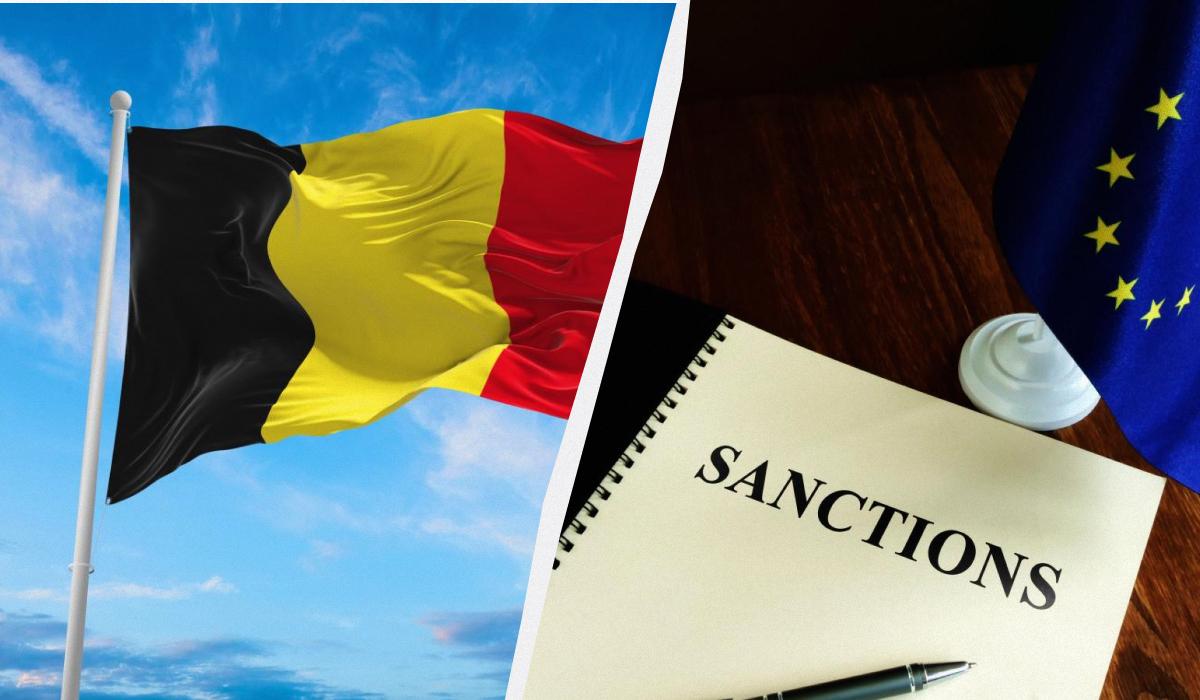
EU officials are considering enlisting King Philippe of Belgium to maintain sanctions against Russia in the event that Hungary vetoes their extension. The Financial Times reports on the relevant scheme.
In December, Hungarian Prime Minister Viktor Orban threatened EU members with blocking the extension of EU sanctions against Russia this month, which would lead to their expiration on January 31.
According to FT, while EU officials plan to persuade Orban to sustain sanctions against companies and Russian assets frozen in the EU, they are simultaneously developing measures that could preserve some restrictions.
Specifically, this concerns €190 billion of Russian state assets held in Belgium's Euroclear central securities depository. Officials fear that if sanctions are lifted, this money could "end up back in Russia the next day," as financial intermediaries would have no legal grounds to retain it.
Since the state assets are physically stored in a Belgian company, one alternative being considered is the use of a 1944 military decree that allows King Philippe of Belgium to block the transfer of assets out of the country, FT reports, citing statements from some officials.
"If Orban does not concede, the only solution will be national," said a senior official involved in the planning of the strategy.
FT notes that several member states have proposed an alternative solution – to strip Hungary of its voting rights to secure the extension of the agreement. However, such a radical step is unlikely to receive the necessary unanimous support from all other states.
Orban and Sanctions Against Russia
In December, Orban informed EU leaders that he plans to wait for the inauguration of elected U.S. President Donald Trump before extending sanctions against Russia. Subsequently, he stated that it was time for the EU to lift sanctions against Russia.
Recently, €3 billion has entered the Ukrainian state budget from funds derived from frozen Russian assets. This is the first tranche of funds from the European Union backed by revenues from Russian frozen assets. Overall, the G7 countries' initiative plans to direct $50 billion to Ukraine, of which $20 billion will be provided by the European Union.